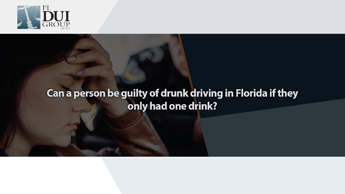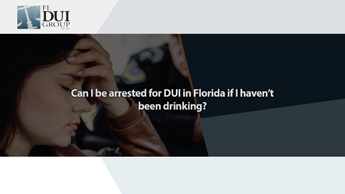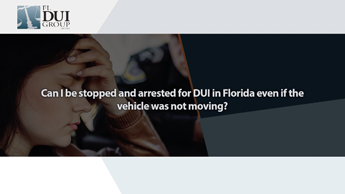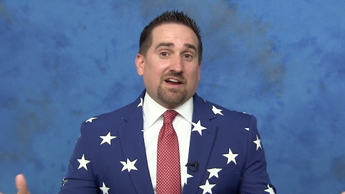State of Florida versus Geiss: Does the State Need a Warrant for a Blood Draw?

On September 5, 2009, Gregory Geiss was pulled over for “failing to maintain a single lane.” In other words, he was weaving out of his lane. He was pulled over by police and refused to perform any field sobriety tests, as is his right under Florida law. But he also refused to take a breathalyzer. Law enforcement, in response, proceeded to obtain a warrant to draw his blood. This blood draw was conducted at the hospital. Geiss was thus charged with felony DUI based on prior convictions, though the warrant affidavit only supported a misdemeanor DUI.
The trial court ruling
The trial court granted Geiss’s motion to suppress the blood test results and found that the warrant was invalid for three key reasons:
- It was a violation of his constitutional right to privacy,
- It conflicted with Florida’s implied consent statute, and
- Inconsistency with the search warrant statute under section 933.02
The Fifth District Court of Appeals decision
In this case, the appellate court reversed the trial court on constitutional privacy and implied consent grounds, holding that:
- A warrant-backed search, authorized by a neutral magistrate, is permissible under both privacy and implied consent frameworks.
- On the other hand, the court found that under section 933.02(2)(a)—which authorizes warrants only for “property used as a means to commit a crime”—blood does not qualify as such “means” in a misdemeanor DUI context. This is because blood is only evidence of DUI and not the means by which the DUI occurred; a warrant in misdemeanor cases is improper under this statute.
- Despite ruling against the issuance of the warrant on those grounds, the court invoked the good faith exception, stating that the officer “reasonably relied” on the warrant, and thus the evidence would not be suppressed.
The court then certified the following question to the Florida Supreme Court:
“Does section 933.02(2)(a), Florida Statutes, preclude law enforcement officers from securing a warrant for a blood draw in misdemeanor cases involving an allegation that a suspect has driven with an unlawful blood alcohol level?”
The Florida Supreme Court’s decision
The Florida Supreme Court accepted jurisdiction over the case but then ultimately discharged it, leaving the Fifth District Court of Appeal’s decision intact.
The importance of the State v. Geiss
- Warrant statute limits in misdemeanor DUIs – The case clarifies that search warrants cannot be properly issued for blood draws in misdemeanor DUI cases, under the strict wording of section 933.02. Blood is not considered a “means” of committing the crime; it is only used as evidence after the fact.
- Good faith exception still preserves evidence – Even when the warrant was legally flawed in a misdemeanor context, the court declined to suppress the blood evidence due to the officer’s reasonable good faith reliance on the magistrate’s decision.
- Implications for DUI defense strategy – For many first- or second-time DUI defendants (typically facing misdemeanor charges), this ruling creates a potential defense avenue, challenging the validity of the blood draw warrants under section 933.02.
- Enduring precedent without Supreme Court reversal – The State v. Geiss remains binding in Florida, shaping how blood-related DUI defenses are handled in misdemeanor cases.
Talk to an Orlando, FL, DUI Defense Lawyer Today
FL DUI Group represents the interests of Orlando residents who have been charged with DUI. Call our Florida DUI defense lawyers today to schedule an appointment, and we can begin discussing your next steps right away.
Source:
courtlistener.com/opinion/2489342/state-v-geiss/?102.14=








